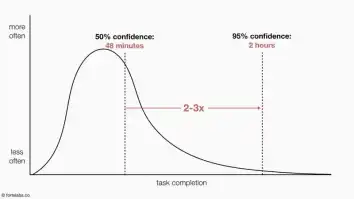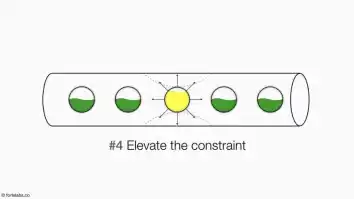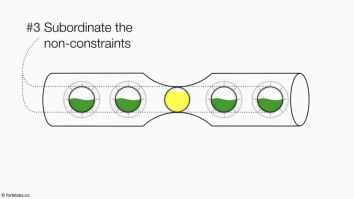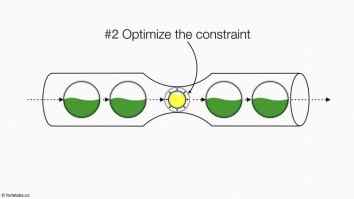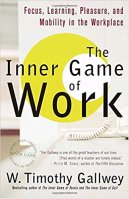
The Inner Game of Work: Focus, Desire, and Working Free
I’ve become obsessed with coaching. It started in February, when I started the 4-month Self-Expression & Leadership Program at Landmark. I was assigned an accountability group and a coach, who guided me through the process of planning and executing a community service project. That process included learning how to communicate a vision, how to recruit…


